Overview
Paddle Prairie Métis Settlement received $71,002 for the completion of a Climate Change Resiliency Action Plan. The project was completed in the Climate Resilience Capacity Building Program, funded by the Government of Alberta.
Paddle Prairie Métis Settlement contracted H3M Environmental Ltd. (H3M) to conduct research, facilitate community outreach through a workshop and an open house, and prepare the Climate Change Resiliency Action Plan.
Approach
Located in the northwest corner of the province bordering the Peace and Hay River Basins, the population of Paddle Prairie Métis Settlement population is approximately 800, with many more calling it home. The landscape within the Settlement is rich in wildlife, boreal vegetation, and wetlands. The culture and lifestyle within the Settlement is closely connected to the natural environment and to practicing traditional land uses including hunting, fishing, gardening, and gathering.
Climate change poses an acute and increasing threat to the natural environment, community morale and integrity of the Paddle Prairie Métis Settlement with the widespread impacts of the 2019 Chuckegg Creek wildfire continuing to resonate for community members.
Conserving the land and building resilience to future climate impacts is necessary to sustain traditional land uses into the future. By developing this Climate Resiliency Action Plan, the Settlement is taking steps to address climate change and ensure the community, including their residents, culture, and land, is prosperous and resilient against climate change.
The plan was developed through a community workshop where youth, Elders, and community residents shared their personal experiences of witnessing extreme weather and climate impacts; their concerns for the changing climate; and their hopes for the community related to the revitalization of natural areas, youth involvement, economic opportunity, and climate adaptation. The Action Plan summarizes these responses and identifies possible solutions.
Results
The primary concerns for climate change in the Settlement that were identified during the workshop include wildfires, severe flooding, and the loss of traditional flora and fauna and a decrease in local wildlife populations.
Additional areas of concern include an increase in extreme weather events, concerns about the supply and quality of the local water source, and the lack of emergency response plans in place for natural disasters.
The plan provides several recommendations in response to these concerns, many of which can be implemented with minimal investment:
- Implementing FireSmart practices at the household level
- Implementing food mitigation at the household level
- Developing Emergency Response Plans for wildfire and flood resiliency
- Developing community programs for wildfire and flood resiliency (such as clearing deadfall to reduce wildfire fuel)
- Offering education on wildfire, flooding, and climate change awareness through school programs for youth, community handouts, and educational panels
Benefits
The Climate Resiliency Action Plan equips Paddle Prairie with tangible, low-cost actions for immediate implementation to build community resiliency. The Plan also provides a framework to integrate climate resilience into Settlement strategies, plans, policies, programs, projects, and administrative processes.
Through the development of this Plan, Paddle Prairie is taking steps to conserve their natural environment and sustain their ways of life for generations to come.
The work that went into developing our Settlement’s Climate Action Plan is a testimony to the value the membership places on the environmental impacts that affect us all.
Justin Gaudet, Chief Administrative Officer
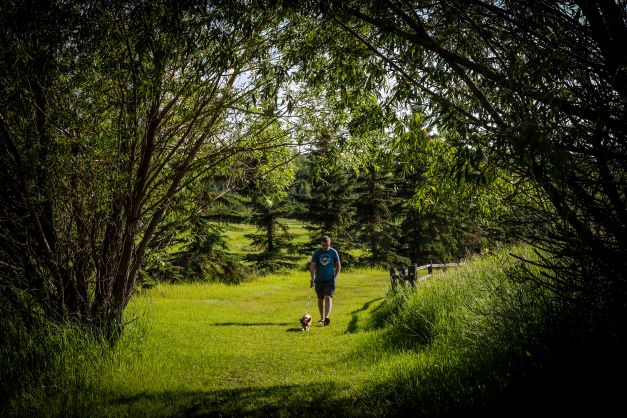
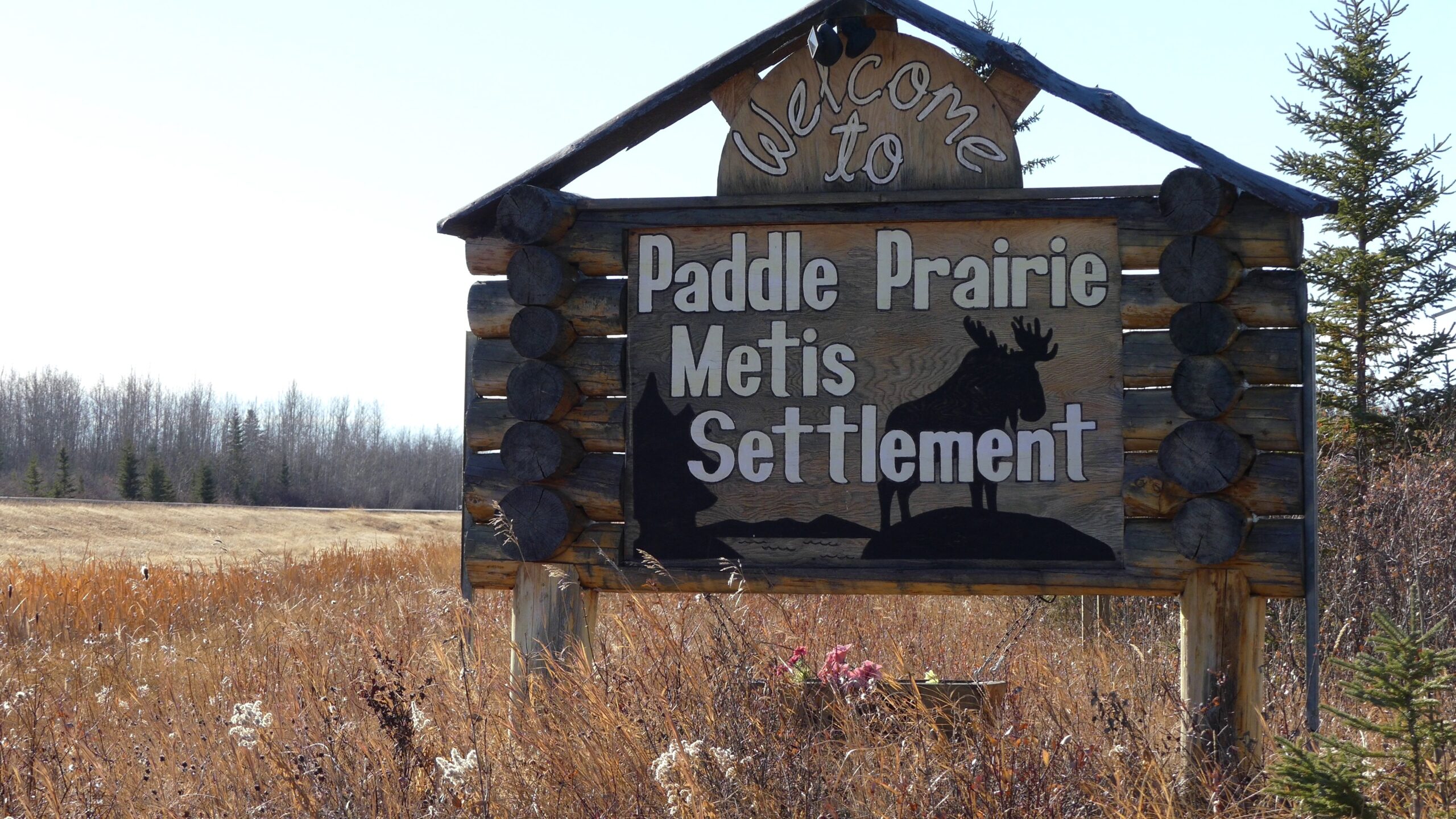
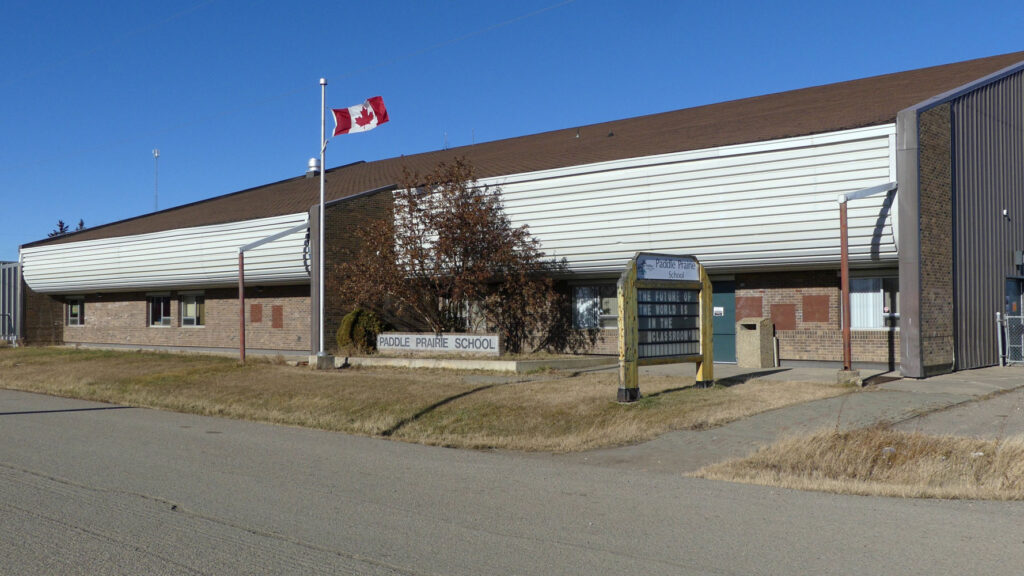
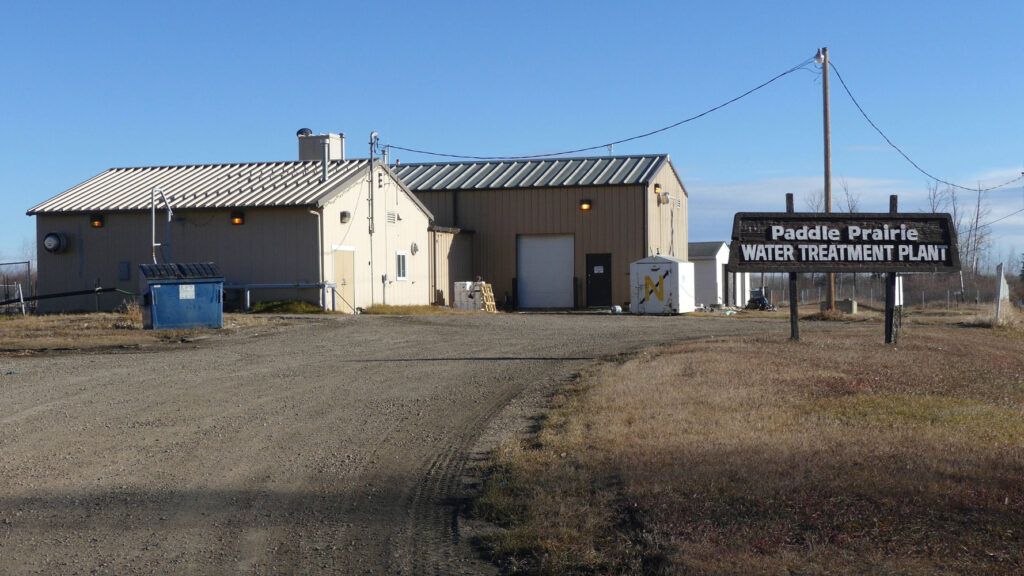
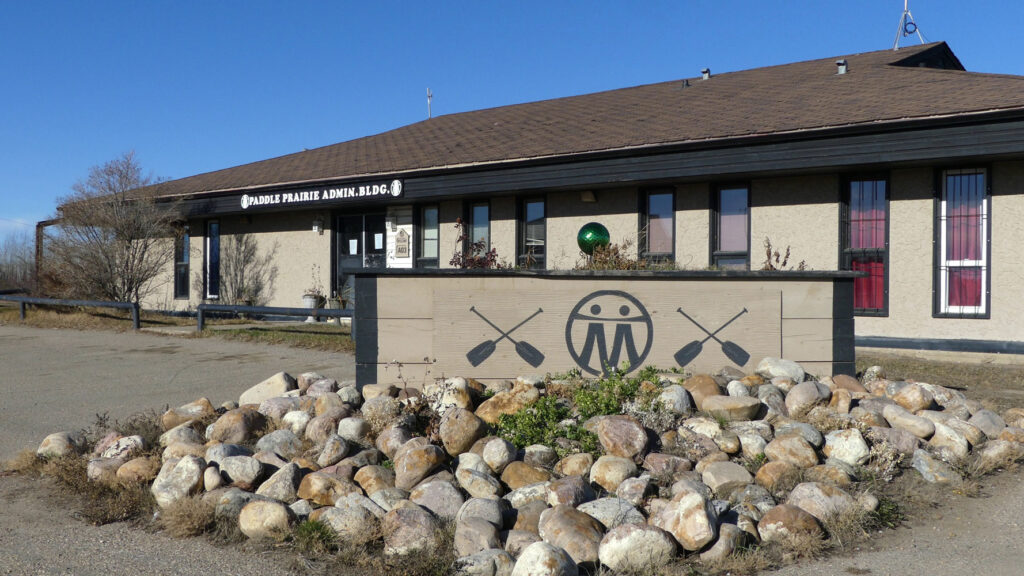
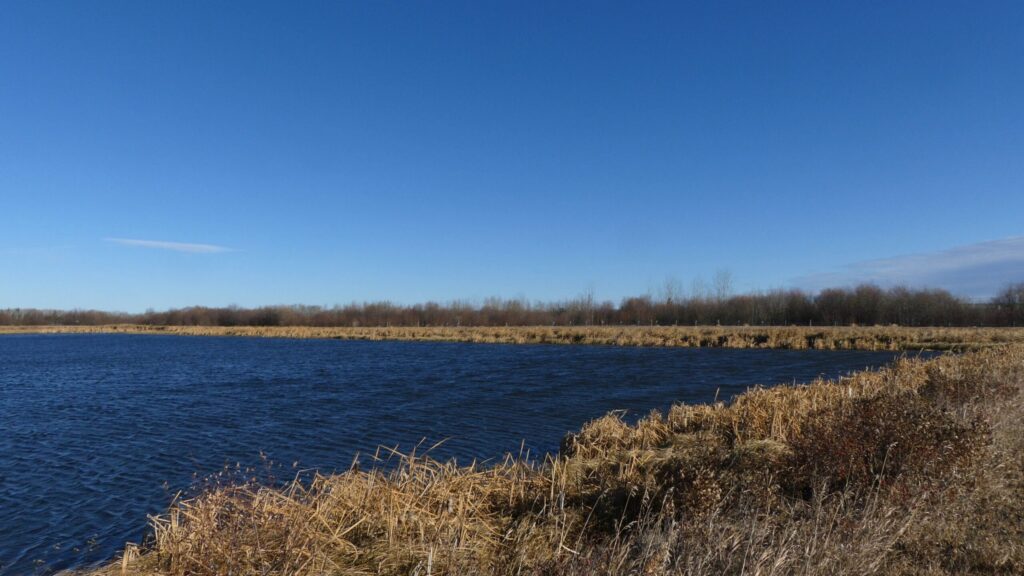
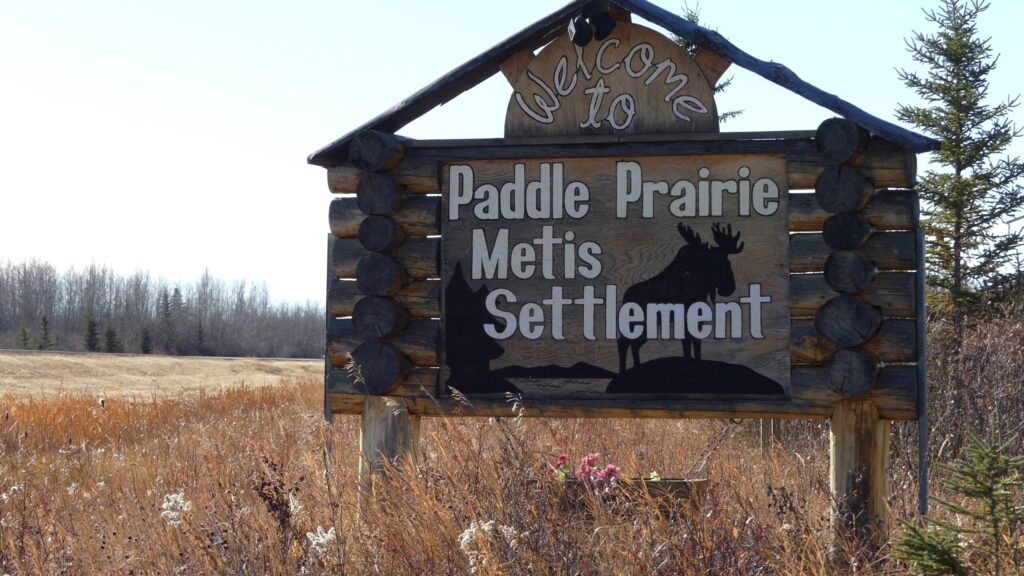

You must be logged in to post a comment.